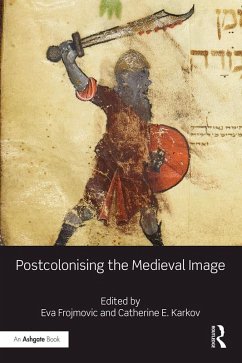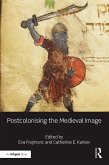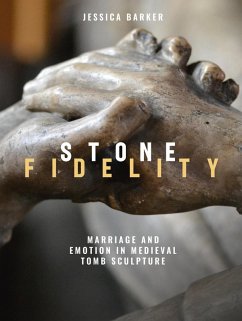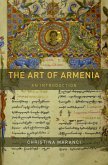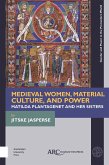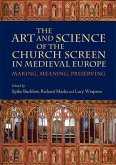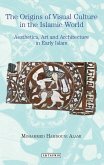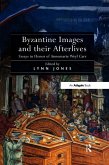Postcolonial theories have transformed literary, historical and cultural studies over the past three decades. Yet the study of medieval art and visualities has, in general, remained Eurocentric in its canon and conservative in its approaches. 'Postcolonising', as the eleven essays in this volume show, entails active intervention into the field of medieval art history and visual studies through a theoretical reframing of research. This approach poses and elicits new research questions, and tests how concepts current in postcolonial studies - such as diaspora and migration, under-represented artistic cultures, accented art making, displacement, intercultural versus transcultural, hybridity, presence/absence - can help medievalists to reinvigorate the study of art and visuality. Postcolonial concepts are deployed in order to redraft the canon of medieval art, thereby seeking to build bridges between medievalist and modernist communities of scholars. Among the varied topics explored in the volume are the appropriation of Roman iconography by early medieval Scandinavian metalworkers, multilingualism and materiality in Anglo-Saxon culture, the circulation and display of Islamic secular ceramics on Pisan churches, cultural negotiation by Jewish minorities in Central Europe and the Iberian peninsula, Holy Land maps and medieval imaginative geography, and the uses of Thomas Becket in the colonial imaginary of the Plantagenet court.
Dieser Download kann aus rechtlichen Gründen nur mit Rechnungsadresse in A, B, BG, CY, CZ, D, DK, EW, E, FIN, F, GR, HR, H, IRL, I, LT, L, LR, M, NL, PL, P, R, S, SLO, SK ausgeliefert werden.

